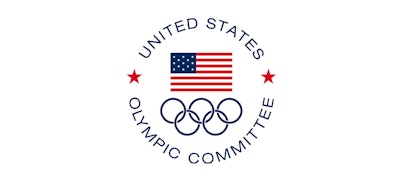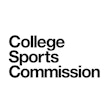
The U.S. Olympic and Paralympic Committee this week announced it would comply with President Trump’s ban on transgender women competing in sports. Without much fanfare, the organization updated its transgender athlete policy on its website and sent letters to other sport governing bodies informing them of the change.
According to CBS News, the change was made under the guise of the “USOPC Athlete Safety Policy.” The change not only bars transgender athletes from competing in the Olympics and Paralympics, it also halts USOPC funding to organizations that still allow transgender athletes to compete. The USOPC currently oversees 50 U.S.-based sports organizations, including USA Track and Field and USA Swimming.
Previously, the USOPC policy for transgender athletes had been “to rely on real data and science-based evidence rather than ideology.”
"As a federally chartered organization, we have an obligation to comply with federal expectations," USOPC CEO Sarah Hirshland and President Gene Sykes wrote in a letter. "Our revised policy emphasizes the importance of ensuring fair and safe competition environments for women. All National Governing Bodies are required to update their applicable policies in alignment."
Related: World Athletics to Combat Trans Athlete Participation with Mandatory Genetic Testing
Despite placing a ban on transgender athletes from the Olympics, Hirshland said that the USOPC would not define eligibility criteria for athletes before the 2028 Summer Olympics. That decision places some U.S. Olympians, like track and field star Nikki Hiltz, in limbo. Hiltz identifies as transgender, using they/them pronouns, but was born as a woman and still competes in the women’s field.
"So typically speaking at an international level, the international federations will define eligibility criteria for the events in which they own jurisdiction, world Cups, world Championships, et cetera, and the national governing bodies domestically would define eligibility criteria for their events," Hirshland said at an April USOPC meeting. "In some cases, those may be elite level events, national championships and things. In other case, those may be lower-level grassroots youth sport competitions and things of that nature. So, we do not have, nor will we have an eligibility policy. It wouldn't be appropriate. It's not our role to take on that position."





































